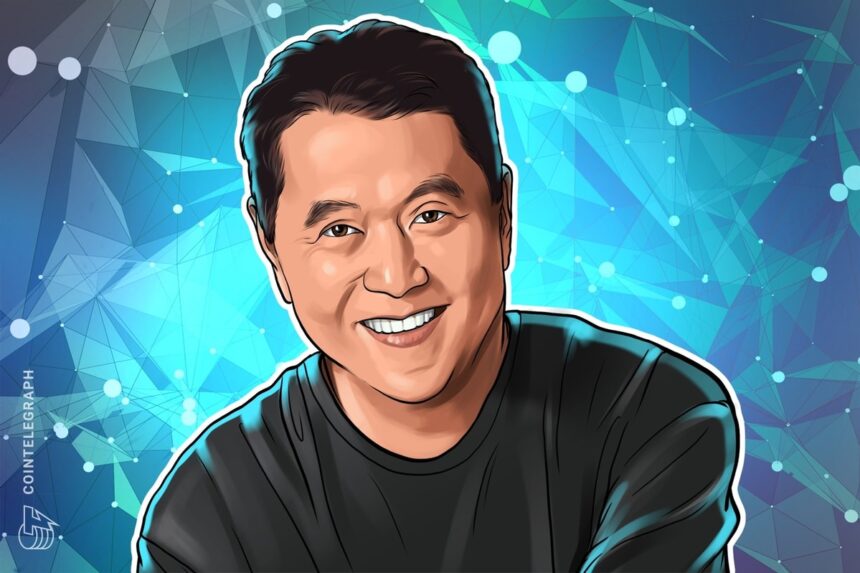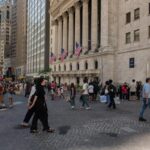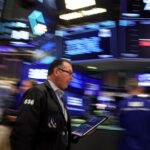In a recent podcast appearance, Robert Kiyosaki, the author of the acclaimed financial book “Rich Dad Poor Dad,” expressed his fervent support for Bitcoin, criticizing traditional education systems and central banks for their roles in perpetuating financial ignorance among young people. Kiyosaki labeled the teaching of students to work for an inflationary currency as “criminal,” arguing that many individuals remain in poverty because they lack an understanding of what constitutes true financial wealth.
He emphasized that the narrative pushed by formal education—promoting the idea of going to school, securing a job, diligently saving, and investing in retirement funds—is fundamentally flawed. “My poor dad, professors, they indoctrinate young people to work for fake money,” Kiyosaki remarked during the discussion with Jordan Walker, co-founder of Bitcoin Collective.
Kiyosaki did not hold back on his criticism of central banks, which he described as “criminal organizations” and even “Marxists.” He asserted that the frequent money printing by these institutions primarily benefits the wealthy, while worsening the financial struggles of the middle and lower classes. His statements highlight a pressing concern: the significant erosion of purchasing power over time. According to the US Bureau of Labor Statistics, a dollar held since August 2000 has lost nearly 47% of its value due to inflation. Although the Federal Reserve has targeted a 2% annual inflation rate, recent data shows it has consistently exceeded this goal, causing further concern among investors.
With Bitcoin’s performance drawing attention, Kiyosaki noted the cryptocurrency’s staggering growth—over 900% in the last five years. He shared his own investment story, revealing that he began purchasing Bitcoin at the $6,000 mark and now holds approximately 60 BTC, valued at around $7 million. Reflecting on his investment journey, he expressed regret for not acquiring more Bitcoin earlier.
Despite his enthusiasm for cryptocurrencies, Kiyosaki remains cautious about certain investment vehicles, including exchange-traded funds (ETFs), which he believes are susceptible to instability during financial crises. Nonetheless, he acknowledged that ETFs provide a simpler entry point for retail investors looking to engage with asset markets.
Kiyosaki’s comments resonate in the current global economic landscape, where inflation has been a pressing issue affecting many countries. In regions experiencing hyperinflation, such as Venezuela, citizens have increasingly turned to cryptocurrencies to shield their finances from currency devaluation. As the annual inflation rate in Venezuela soared to 229%, the trading power of the Venezuelan bolívar deteriorated significantly against the US dollar.
Analysts like Saifedean Ammous and Raoul Pal highlight a growing trend among investors who are turning toward the safety of the US dollar and cryptocurrencies, especially Bitcoin, as a hedge against depreciating national currencies. With shifting views on traditional financial systems and asset classes, Kiyosaki’s insights continue to spark discussion about the future of money and investment strategies in an evolving economic climate.







